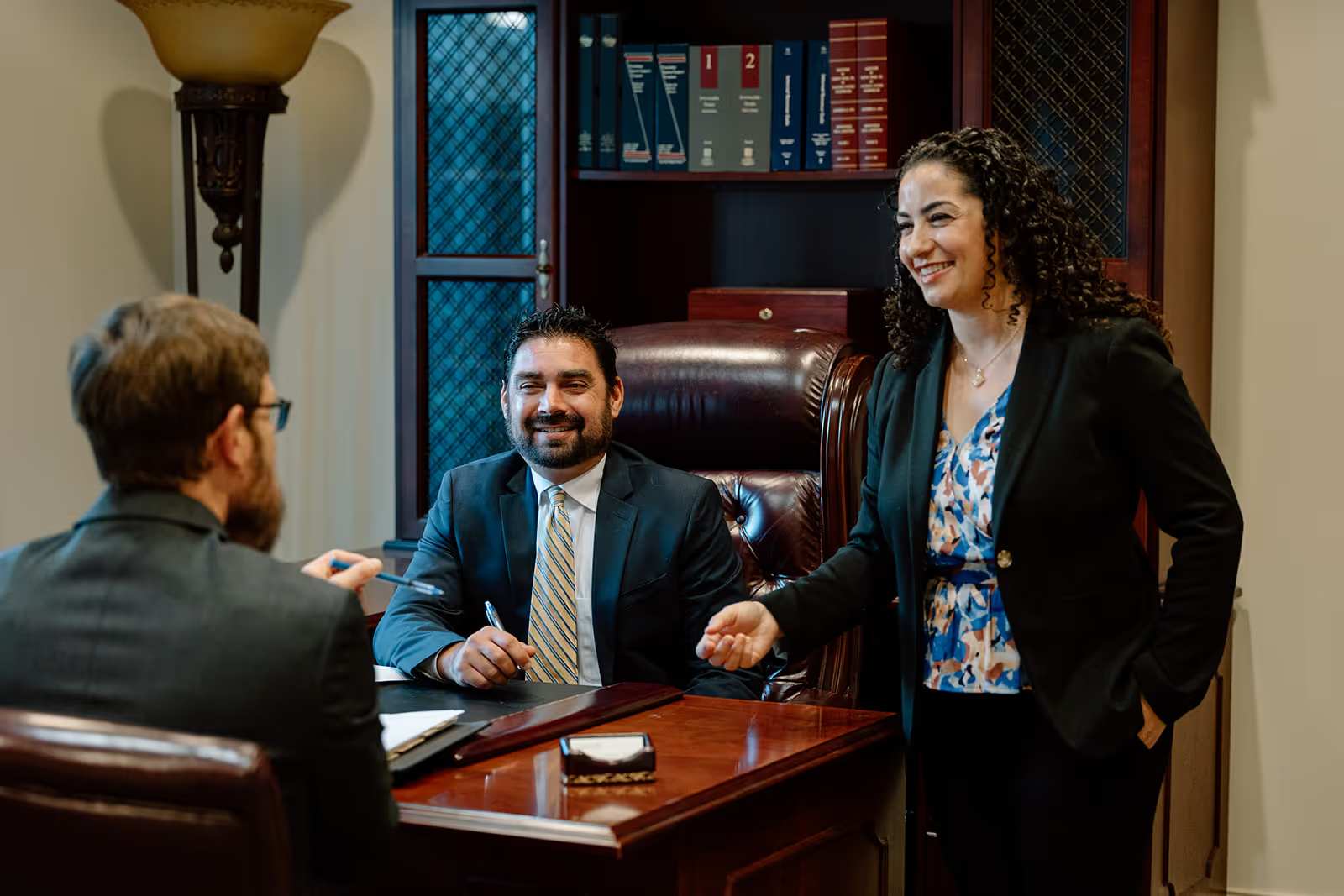At The Alvarez Firm, we strike a balance between compassionate counsel and determined advocacy, guiding clients through California's complex trust administration and probate processes while protecting what matters most.
The skilled counselors who will be helping you
Understanding Probate
in California
When someone passes away with or without a will, their estate must be distributed and managed following the terms of the will. Thus, creditors need to be paid, next of kin and beneficiaries need to be notified, and assets need to be distributed. The process of closing out the estate based on a will often requires going to probate court. Thus, the approval of a judge may be required for certain steps in the administration process to be completed.
And if disputes arise regarding the will’s validity, that too is handled by the probate court. Common situations that trigger probate include:
- Validating a handwritten (holographic) will or a will with questionable witnesses.
- Appointing an executor when no estate plan exists.
- Seeking judicial guidance for unresolved issues (e.g., interpreting vague terms, authorizing asset sales).
Our lawyers, paralegals, and staff have years of experience managing the probate process on behalf of clients. We represent clients in probate matters across California, including Calabasas, Camarillo, Costa Mesa, Irvine, Newport Beach, Ojai, and San Juan Capistrano, throughout Orange and Ventura counties, and across California. Our team ensures strict compliance with all legal requirements, from creditor notifications and inventory filings to court deadlines, so the process moves forward without unnecessary delays.


Trust Administration
Trust administration is the legal process of managing an estate following the death of the trustor (aka the person on whose behalf the trust was created when the trustor was alive). It is increasingly common for individuals and couples who own real estate, businesses, or have investments to have their assets pass through a trust. This is done during the estate planning process. One of the main benefits of using trusts during the estate planning process is that they can minimize the need to run to probate court. This is often a faster and more cost-effective way to manage the estate following the death.
But the process of closing out an estate with a trust isn’t automatic. Contrary to what some may believe, it’s still necessary to pay the decedents’ creditors, distribute the assets according to the terms of the trust, file final tax returns, and take other steps needed to close the estate. This is what trust administration involves. And in California, trustees are required to follow a detailed administration process, often involving 30 to 35 steps, to ensure the trust is settled lawfully and in compliance with the settlor’s intentions.
Our team of experienced attorneys is ready to assist trustees and families through every step of this process, whether we originally drafted the trust documents or not, ensuring full compliance with California’s legal requirements.
Alvarez Firm attorneys have worked with hundreds of clients to administer their trusts and go through probate, if necessary.





